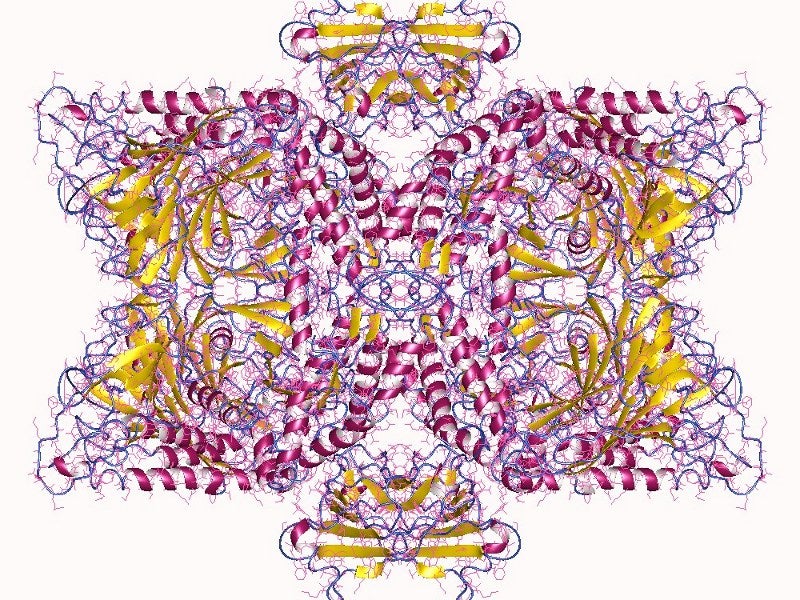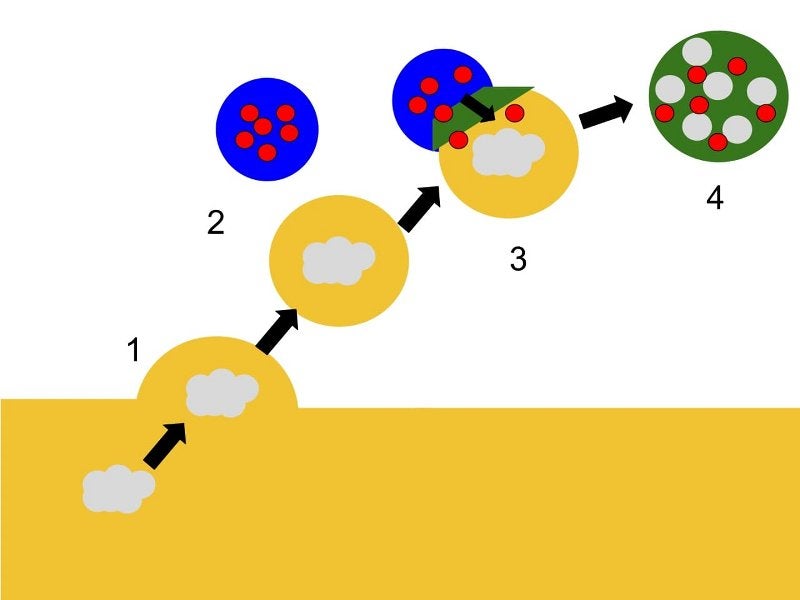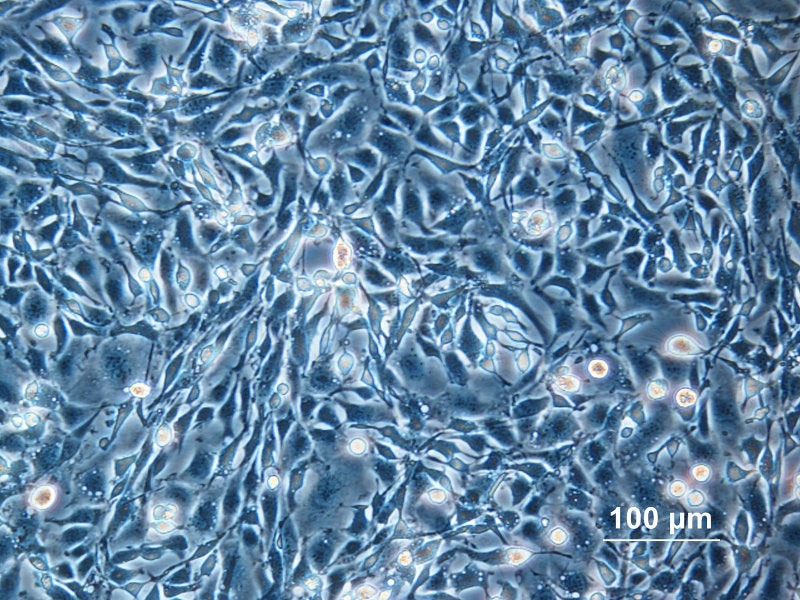Lamzede® (velmanase alfa) is one of the first enzyme replacement therapies indicated for the treatment of non-neurological symptoms of patients with mild-to-moderate alpha‑mannosidosis.
The drug was originally developed by Zymenex, which was acquired by Chiesi Group in 2013. Lamzede received orphan drug designation from the European Commission (EC) in January 2005.
The European Medicines Agency’s (EMA) Committee for Medicinal Products for Human Use (CHMP) granted positive opinion to the drug in January 2018. It was approved by the EMA in March 2018.
Alpha‑mannosidosis causes and symptoms
Alpha-mannosidosis is a rare genetic lysosomal storage disorder caused by the deficiency or malfunctioning of the alpha-mannosidase enzyme, which is responsible for the breakdown of mannose-containing oligosaccharides in the lysosomes of the cells.
A genetic mutation in alpha-mannosidase encoding MAN2B1 gene causes gradual accumulation of toxic undigested oligosaccharides in the cells of various organs and reduces life expectancy.
Some of the common symptoms of the disease include facial coarsening, reduced intellectual capabilities, impaired hearing and speech, debilitating motor skills, recurrent infections and skeletal abnormalities.
The disease affects approximately one in every 500,000 individuals worldwide.
Lamzede mechanism of action
Lamzede is a recombinant form of human alpha-mannosidase developed in mammalian chinese hamster ovary (CHO) cells using recombinant DNA technology.
The amino acid sequence in Lamzede is similar to the natural alpha-mannosidase enzyme. It acts as a substitute for the natural enzyme in the body and helps restore normal cellular activity.
Lamzede is available as a 10mg powder to be combined with water before infusion. The solution is administered intravenously using a set comprising a pump and an in-line low protein binding 0.22μm filter.
Clinical trials on Lamzede
The clinical efficacy and safety of the drug were established in five clinical studies, which enrolled a total of 33 patients with alpha‑mannosidosis, including both children and adults.
One of the studies was a 52-week, Phase III pivotal, multi-centre, double-blind, randomised, placebo-controlled study named rhLAMAN-05. It was conducted in 25 patients and determined the efficacy and safety of repeated infusions of Lamzede.
The study showed a significant reduction of serum oligosaccharides in patients treated with Lamzede compared to those receiving placebo.
The second study was an uncontrolled, open-label, Phase III clinical study named rhLAMAN-10. It was conducted to evaluate the drug’s long-term effect in the 33 patients that participated in the previous studies.
The primary endpoints were serum oligosaccharide levels, a three-minute stair climbing test (3MSCT), pulmonary function, serum IgG 9 and euro quality of life-5 dimensions (EQ-5D-5L) over time. The study showed long-term beneficial effects in 87.9% patients treated with Lamzede® in at least two symptoms.
Some of the common adverse events noticed in patients during the clinical trials were weight gain, infusion-related reactions, diarrhoea, headaches, joint pain, increased appetite and pain in hands and feet.
Market commentary on Chiesi Group
Chiesi Group is an Italy-based pharmaceutical company focussed on the development of novel drugs for rare diseases, respiratory, cardiovascular, muscular, skeletal and neonatal conditions.
The company has three production plants in Italy, France and Brazil. Chiesi employs approximately 5,318 people and is present in 27 countries.





